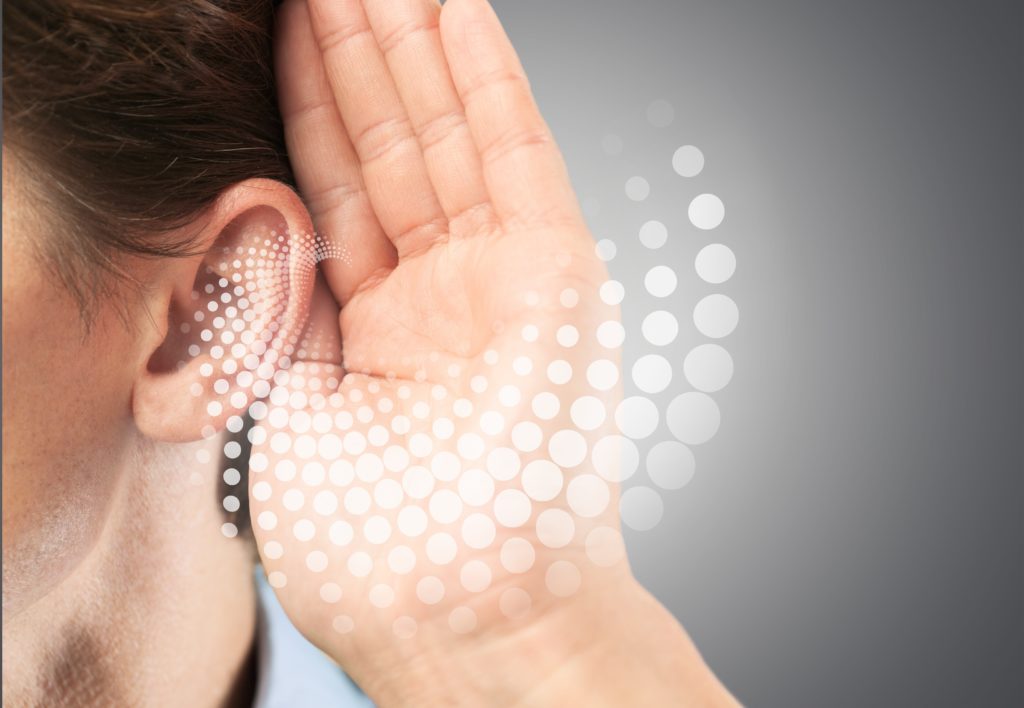At MAE Audiological Services Inc, We Understand Hearing Loss Issues
Explaining the signs that you have hearing loss and need hearing aids is MAE Audiological Services’ first blog for 2022. Some level of hearing loss afflicts approximately 48 million Americans, according to a 2018 Hearing Loss Association of America report. It can negatively affect almost every dimension of life. Hearing loss impacts a person’s physical, emotional, and mental health, social skills, family relationships, self-esteem, plus school and work performance. You might have hearing loss if you
- Have difficulty understanding movies, voices on the phone, and other sounds
- Can’t hear high-pitched or soft noises
- Suffer from ringing ears or tinnitus
Difficulty Understanding Voices and Other Sounds Indicate Hearing Loss
According to www.mayoclinic.org, if you’re experiencing difficulty understanding voices and other sounds, that could indicate hearing loss. A lot of times, having difficulty understanding others results in withdrawal from conversations and avoidance of social settings. But, how do you know you’re having difficulty understanding voices and other sounds?
Signs You Have Difficulty Understanding Voices and Other Sounds
If what you’re hearing seems muffled—i.e., it sounds obstructed or muted—that’s indicative of having difficulty understanding that sound. It could also mean you’re simply having overall difficulty understanding spoken words, especially in the midst of situations involving noise. Sometimes having difficulty understanding people pronounce consonants indicates hearing loss. Frequently asking others to speak slowly and louder because you’re having difficulty understanding them could also signify hearing loss. You might also have difficulty understanding whispered voices or high-pitched tones.
Not Registering High-Pitched or Soft Noises Could Signify Hearing Loss
Hearing loss symptoms could also include an inability to register different frequencies of noise and sound. The term reverse-slope hearing loss means not registering low-pitched sounds or having difficulty understanding low-pitched voices. If you can’t register high-pitched sounds or have difficulty understanding high-pitched voices, you could have sensorineural hearing loss.
Sensorineural Hearing Loss
When the ear receives sound waves, the stereocilia (the tiny hair cells of the inner ear) move. This movement then creates electrical signals along the auditory nerve to the brain, which interprets the signals as sound. Sensorineural hearing loss could mean there’s damage to the stereocilia, or the membrane around them. It could also mean there’s damage to the nerve pathways leading from the inner ear to the brain. Approximately nine out of 10 people diagnosed with hearing impairment have sensorineural hearing loss. Most people have acquired sensorineural hearing loss—meaning, it develops after a person is born. Causes can include aging, exposure to a one-time loud noise, or a trauma, such as a concussion. Acquired sensorineural hearing loss can also stem from certain diseases, infections, tumors, or side effects from medications.
Reverse-Slope Hearing Loss
Basically, reverse-slope hearing loss means you can’t hear low-pitched sounds, like men’s voices, bass sounds in music, and thunder. Reverse-slope hearing loss gets its name because of how it appears on audiograms— standardized hearing-level charts used by audiologists. A rare form of an audiological deficit, reverse-slope hearing loss mostly affects how one perceives volume in speech. In most cases, the cause of reverse-sloped hearing loss is linked to otosclerosis (inability to amplify sound) or Meniere’s disease. Meniere’s disease is an autoimmune condition that not only causes hearing loss, but dizziness and tinnitus.
A Tinnitus Diagnosis Could Be Indicative of an Acquired Hearing Loss
Tinnitus is a condition in which a person experiences certain noises in one or both ears that aren’t occurring externally. It’s actually quite common—according to the CDC, 10 percent of U.S. adults have experienced acute tinnitus. Tinnitus symptoms include hearing noises like ringing, buzzing, roaring, clicking, hissing, or humming in one or each ear. Sometimes, the noises disrupt concentration or affect a person’s ability to hear other sounds. If you have tinnitus, you may also suffer from fatigue, sleep problems, anxiety, and headaches. The particular sounds a person hears can help tinnitus care providers identify specific causes.
Causes of and Risks Associated with Tinnitus
Tinnitus can manifest due to hearing loss, an ear injury, or a circulatory system issue. If any of the stereocilia bends or breaks, they can send random electrical impulses to your brain, causing tinnitus. This tends to happen during aging or when a person is regularly exposed to loud sounds. Furthermore, some medications can cause tinnitus, including certain NSAIDs, antibiotics, cancer drugs, diuretics, and antidepressants. Tinnitus can also occur in conjunction with ear infections, canal blockages, thyroid problems, rheumatoid arthritis, anemia, diabetes, migraines and lupus. Factors that increase the risk of developing tinnitus include
- Consistent exposure to loud sounds from heavy equipment, chain saws, and firearms, Frequently listening to loud volumes on portable music devices
- Age-declining numbers of functioning nerve fibers in the ears
- Tobacco and alcohol use
- Obesity
- Cardiovascular problems
- High blood pressure
For more information on hearing aids and hearing evaluations, call MAE Audiological Services Inc at (724) 527–2228. Except for Thursdays and weekends, we are open 9 a.m. to 4 p.m. We are happy to explain other signs that you have hearing loss and need hearing aids.
